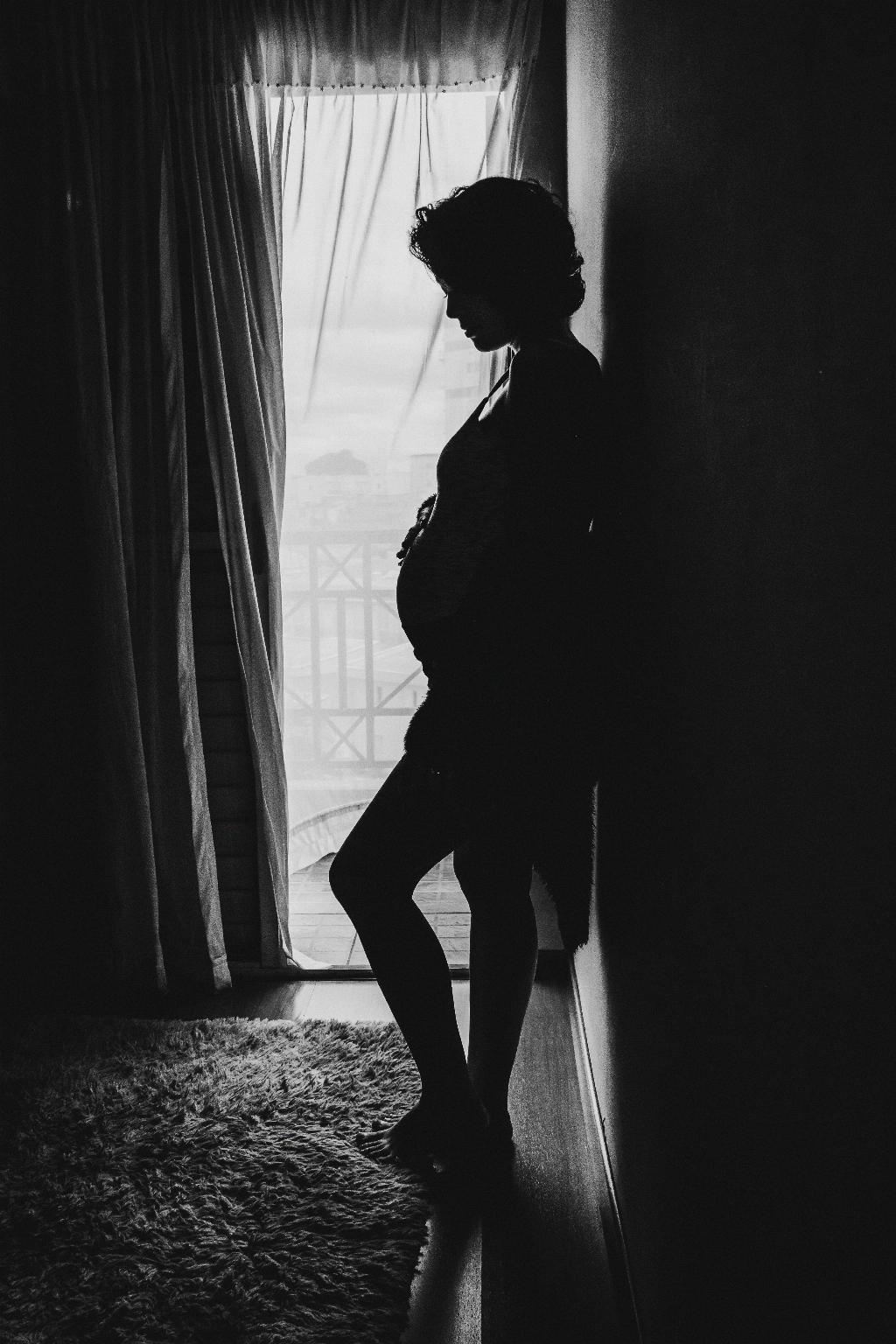After experiencing a miscarriage, one of the questions that may linger in your mind is when you can expect your period to return. It’s important to note that the timeline for this can vary from woman to woman, and there are multiple factors that can influence the timing of your first period post-miscarriage.
For many women, the wait for their first period after a miscarriage is around four to six weeks. However, this timeframe is not set in stone, as individual circumstances play a significant role in determining when your menstrual cycle will resume its normal pattern.
The key determinant of when you will get your period after a miscarriage is the level of human chorionic gonadotropin (hCG) in your body. This hormone, produced during pregnancy, is what pregnancy tests detect. Until your hCG levels return to zero, your body may still believe it is pregnant, delaying the onset of your next menstrual cycle.
It is important to remember that the emotional and physical healing process after a miscarriage is unique for every woman. Your body needs time to recover and recalibrate, so be patient with yourself as you wait for your period to reappear.
Some women may find that their first period after a miscarriage arrives sooner than expected, while others may experience a longer wait. If you are concerned about the timing of your menstrual cycle returning, do not hesitate to reach out to your healthcare provider for guidance and reassurance.
Factors such as the gestational age at the time of the miscarriage, whether any medical interventions were needed, and your individual hormonal levels can all influence when you will get your period again. Each woman’s body responds differently to the physical and emotional impact of a miscarriage.
Your overall health and well-being also contribute to the timeline of your menstrual cycle returning after a miscarriage. Taking care of yourself, both physically and emotionally, can support your body in its journey toward recovery and help regulate your menstrual cycle.
If you notice any abnormalities or changes in your menstrual cycle after a miscarriage, such as unusually heavy bleeding, severe cramping, or prolonged periods of absence, it is important to consult with your healthcare provider. These symptoms may indicate underlying issues that need to be addressed promptly.
Even though the prospect of waiting for your first period after a miscarriage can be challenging, remember that your body has an incredible ability to heal and restore balance. Be gentle with yourself during this time and prioritize self-care to support your physical and emotional well-being.
While the uncertainty surrounding the timing of your period after a miscarriage can be unsettling, trust in your body’s natural healing process. Listen to your body’s cues, stay connected with your healthcare provider, and give yourself the time and space needed to navigate this sensitive period of post-miscarriage recovery.

